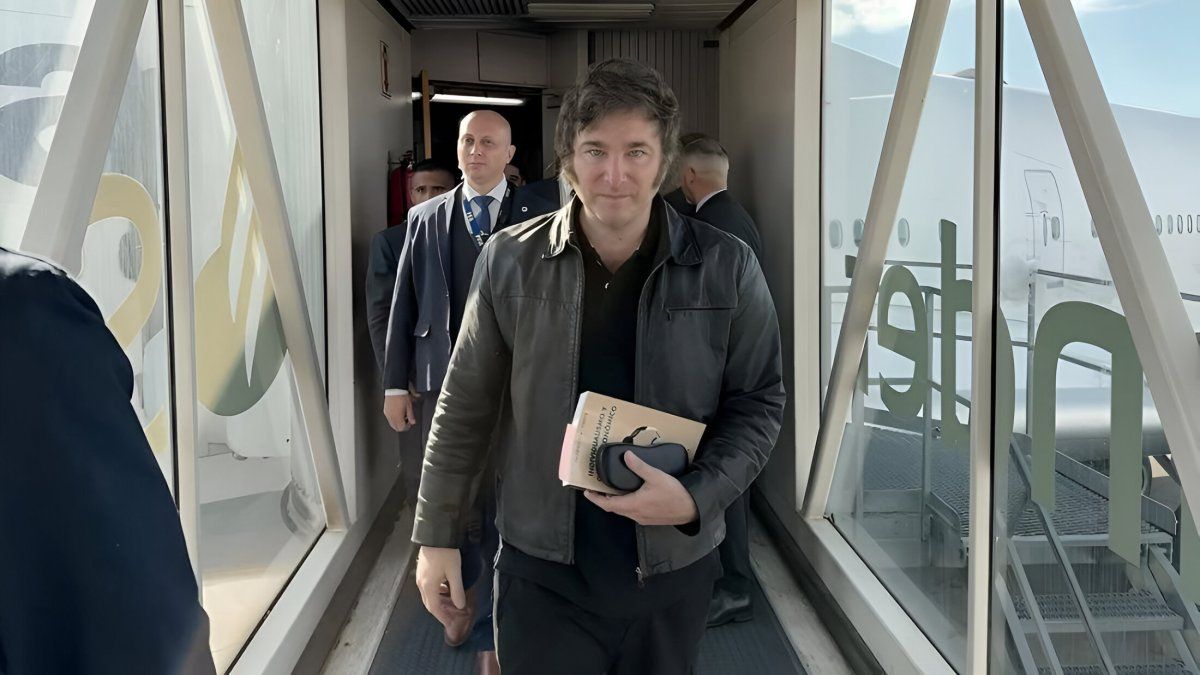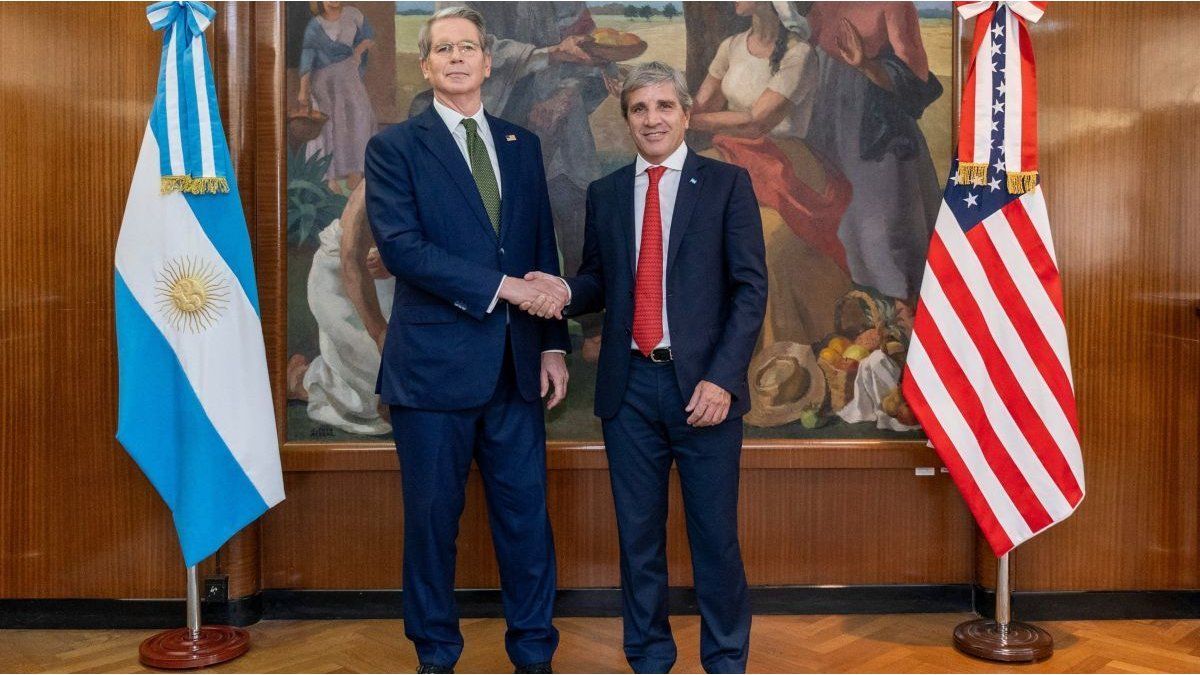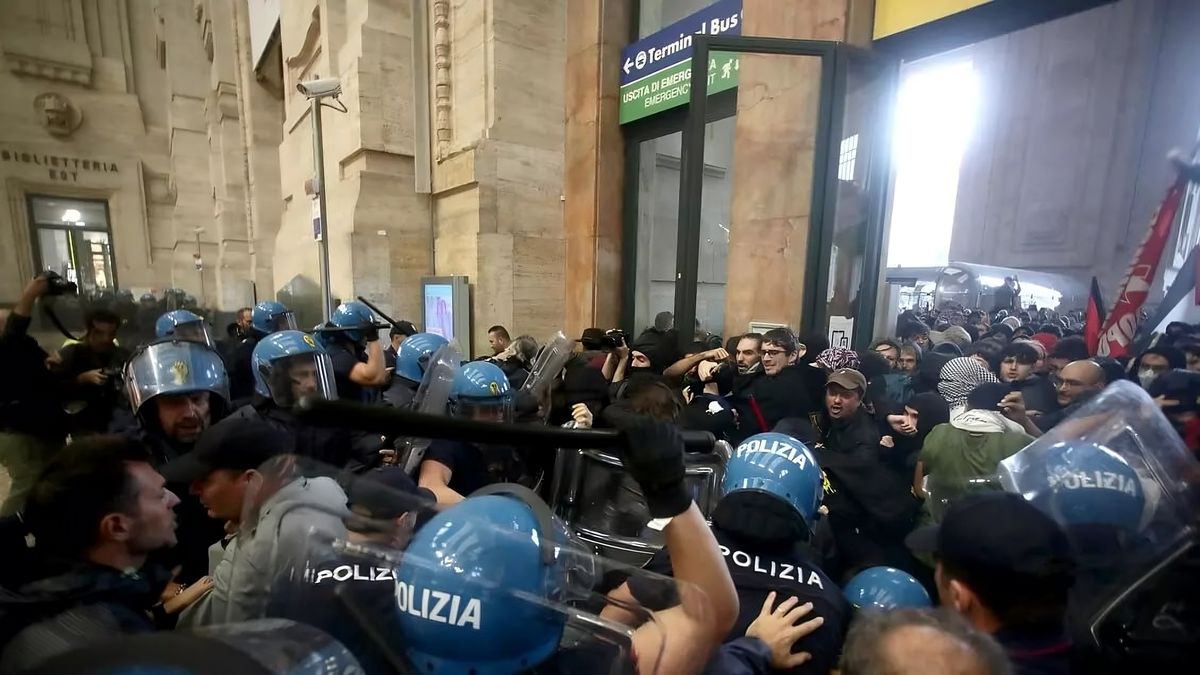An important bench, but not the majority, will accompany from August 6 the initiatives of the unprecedented leftist government in the legislature.
“Now the problem is governability in Congress, Petro must try to propose what he called a great national agreement because clearly the country is well fragmented into two sectors,” says Alejo Vargas, a law professor at the state-run National University.
Similarly, Sergio Guzmán, from the Colombia Risk Analysis consultancy, believes that “this result does not give it a clear mandate to execute its policies without at least trying to calm the questions of its opponents.”
During his tenure as mayor of Bogotá (2012-2015), Petro clashed with the City Council, which sank many of his initiatives. He now arrives surrounded by traditional politicians who could serve as a bridge with Congress.
“He is going to face a very strong opposition, because the right in this country is the main ideology. Although it is dispersed in multiple parties, it will be easy for them to associate and challenge the Petro government”, anticipates Felipe Botero, professor at the Faculty of Political Science at the University of Los Andes.
outstretched hand
In his first speech as president-elect, Petro sent a reassuring message to the business community, which accused him of promoting a failed socialism during the campaign.
“It was a campaign of lies and fear, that we were going to expropriate Colombians, that we were going to destroy private property… We are going to develop capitalism in Colombia. Not because we adore him, but because we first have to overcome pre-modernity”, he expressed before the crowd that celebrated his triumph.
For Botero it was “a very clear message to the right, saying ‘I am on the left, but that does not mean that I am going to radically transform the economic model’”.
However, the economist Jorge Restrepo warns that the former guerrilla and senator must still build “trust” with the productive sector. “It has to do with companies not being seen as rivals but as managers of development and job creation. It is very difficult because there is no history of a leftist government at the national level”, warns the professor from the Javeriana University.
Judging by Petro’s first speech, the friction will not be long in coming: “He said things that involve regulation, one of the main fears of the markets,” says Botero.
Businessman Mario Hernández, an active opponent of Petro during the campaign, was open to listening. “The opportunity came to show 50% of Colombians and me that we were wrong,” the clothing tycoon launched on Twitter.
Weapons
Upon inauguration, the military will have to swear allegiance to a former member of the leftist guerrillas who have fought through six decades of conflict.
At the end of April, Petro accused members of the military leadership of being allied with the Clan del Golfo, the largest drug gang in the country. In response, the commander of the Army, General Eduardo Zapateiro, accused him of “politicking”, in an unusual political intervention in a country where the Constitution prohibits the public force from participating in debates and voting.
“The mistrust between the president and the military is significant,” says Guzmán, adding that the leftist “must select a defense minister who has the respect and trust of the members of the military forces.” Otherwise, he stresses, the transition will be a “disaster.”
“What all presidents do when they arrive is a purge of the high military establishments. Petro has to do it with a silk glove”, explains academician Botero.
In that sense, it will be key who he appoints Minister of Defense. So far, the president-elect has only revealed that he will hand over that portfolio to a woman specialized in human rights.
AFP Agency
Source: Ambito
David William is a talented author who has made a name for himself in the world of writing. He is a professional author who writes on a wide range of topics, from general interest to opinion news. David is currently working as a writer at 24 hours worlds where he brings his unique perspective and in-depth research to his articles, making them both informative and engaging.




